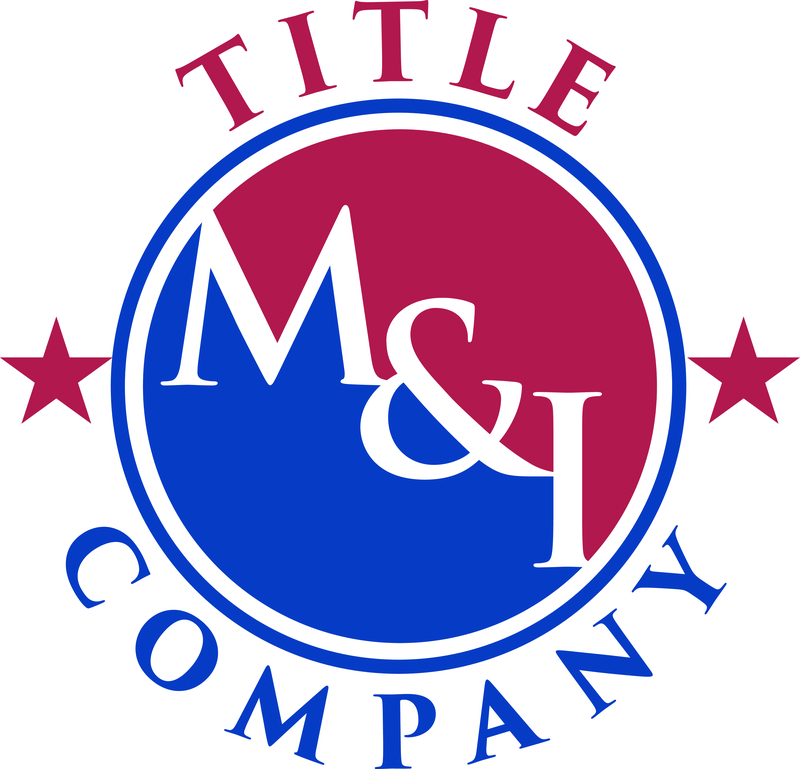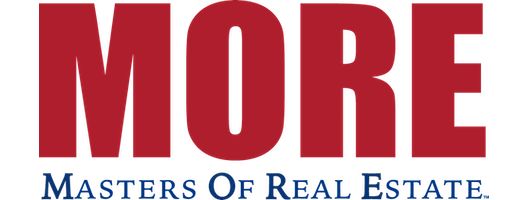One of the “buzz words” you hear often in the real estate industry today is “disrupter“. To disrupt, by definition, is to “throw into turmoil or disorder, interrupt the progress of (a movement, meeting, etc) or break or split (something) apart.” With dozens and dozens of new startups, new business models and new practices coming upon the real estate scene over the last handful of years, it seems practically everyone wants to disrupt the real estate industry. Why not? Afterall, there was some $70 Billion (yes, Billion with a “B”) in commissions made by residential real estate agents last year on the 5.5 million home sales that took place in 2017, so who wouldn’t want a piece of that pie?
One of the disrupters that have come along is the “iBuyer”, which refers to one of the Internet-based company’s that buys homes directly from sellers offering them an alternative to the more traditional method of listing their home, waiting for the buyer to surface and then waiting for the closing. Some, or perhaps many, real estate agents are concerned that iBuyers may negatively impact their profession if in no other way by putting a dent in their commissions by offering sellers a way to sell their homes without an agent. However, before agents get too worried about it and before sellers get too excited about the idea, especially in St Louis, we need to recognize a few things: According to ATTOM Data, the two biggest iBuyers, Offerpad and Opendoor combined only purchased a total of 3,992 homes in 2017 so less than 1/10 of 1% of the 5,510,000 homes sold that year, this is nothing new, and, there is a price to pay for the convenience.
[xyz-ips snippet=”Seller-Resources—Listing-Targeted”]
St Louis sellers shouldn’t bank on it…
As I mentioned above, on a national level, the number of homes being purchased by iBuyers is a very insignificant percentage and, while the number is rising, it would have to increase exponentially to really have an impact. In addition, St Louis is not a market that is on the map for most of them as they favor faster-growing markets with greater appreciation like Phoenix, Atlanta, Tampa, Las Vegas, etc. So, for St Louis seller this is not much of an option especially since, as of today, Opendoor, Offerpad nor Zillow are buying homes in St Louis.
This is nothing new..
I always like it when an old, or existing idea, is revamped, relabeled or relaunched as something “new”. While the term iBuyer is a new term, the concept of a homeowner having the option to sell their home directly to an investor has been around for the entire 40 years I’ve been in the business here in St Louis and, in fact, much before that as well. In fact, I, and my company were one of the largest direct buyers of homes in St Louis from the late 1980’s to mid-2000’s having purchased more than 2,000 homes during that period. At that time we called ourselves speculators, but the concept was the same, we bought homes directly from sellers for cash, as is. There are still plenty of individuals and companies that do this today. Even when speculating in St Louis peaked during the 2000’s. it was still just a small percentage of the homes sold in St Louis and the majority of the homes purchased by speculators were listed for sale and involved real estate agents.
There’s a price to pay…
Think about it though. Instead of getting your home ready to sell which includes making all those repairs you put off for years and throwing out the clutter, then going through the listing process with showings (often with little warning), inspections, negotiations and the like, wouldn’t it be nice just to go online and sell your home with a few keystrokes and nothing else? Of course, it would! However, remember, these companies are buying homes to resell them and to make a profit along the way. There’s certainly nothing wrong with that and a business model that didn’t involve profit wouldn’t last long, but it does mean there is a price to pay. It’s really just a pretty simple math problem for the iBuyer: Figure out what they think the house will sell for and deduct from that the amount they feel will be spent on repairs needed to sell it, the cost of buying it and selling it (commission, closing costs, title insurance, etc) as well as the “carrying costs” (interest, insurance taxes, utilities, subdivision fees, lawn mowing, etc) and then finally the profit margin they need. When the math is done, the price paid for the home has to be less than the amount you would net from the sale if sold conventionally. The difference between what you would expect to net from a conventional sale and the iBuyer price is the cost of the convenience. For some people and some situations, the convenience will be worth the cost, however, for many, it won’t be. Hence, this is why I don’t see this as really making much of a dent in the St Louis market anytime soon, and think it will be a viable alternative for only a very small percentage of sellers.


